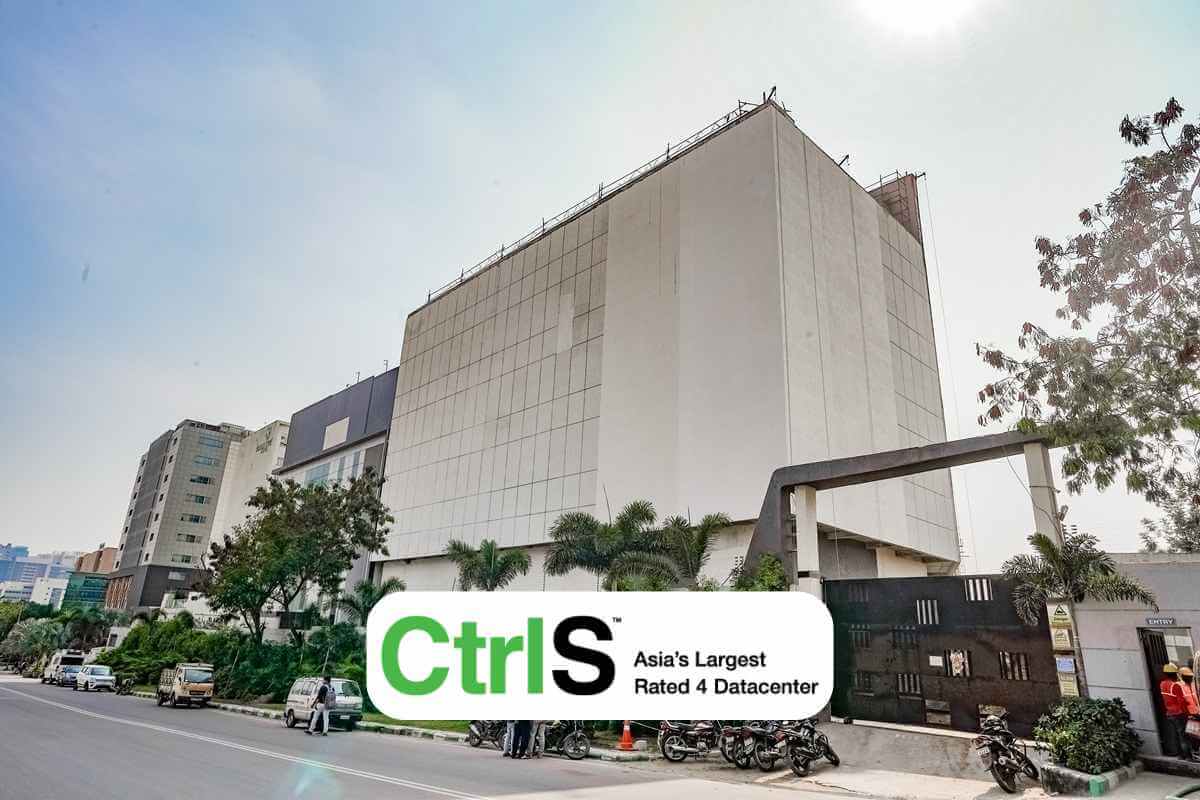In Short:
Ericsson India is committed to developing both purpose-built and Open RAN platforms for telecom operators. They aim to provide flexibility and better performance. Open RAN can reduce deployment costs by up to 30 percent. The company won a major deal with AT&T for Open RAN networks. In India, Reliance Jio and Airtel are already exploring Open RAN solutions. Ericsson believes in resilient, open, sustainable, and intelligent future networks.
Erickson to Develop Purpose-built and Open RAN Platforms
Ericsson will continue to develop both purpose-built and Open RAN platforms to give telecom operators the flexibility to choose solutions that best suit their needs. According to Nitin Bansal, Managing Director of Ericsson India, all hardware will be capable of Open RAN in the future, providing operators with performance and total cost of ownership considerations. The company aims to deliver the best performance in both purpose-built and open RAN tracks.
Open RAN Capabilities
Open RAN is a capability that Ericsson offers to operators, allowing them the flexibility to utilize it as needed based on their specific challenges. The decision to adopt Open RAN depends on the operators and the problems they aim to solve.
Last year, Ericsson secured a significant deal with US-based telecom player AT&T for the deployment of Open RAN networks. While traditional RAN technology has been dominated by global players like Ericsson, Nokia, Huawei, and ZTE, the adoption of Open RAN has been slow until now, with only one greenfield network globally.
Potential Benefits of Open RAN
Open RAN has the potential to reduce deployment costs by up to 30%, as RAN typically accounts for up to 70% of a telecom service provider’s capital expenditure. Through Open RAN, operators can mix and match software and hardware components, fostering innovation by diversifying the ecosystem.
Ericsson emphasizes the need for future networks to be resilient, open, sustainable, and intelligent. While discussing Open RAN in the Indian market, Nitin Bansal stated that it is a capability, not an evolution, offering operators the flexibility to adopt it as needed.
Adoption in the Indian Market
In India, Reliance Jio has developed its own end-to-end 5G stack, with 5G radios compliant with Open RAN. Airtel is conducting Open RAN trials with Mavenir, while Vodafone Idea recently began a pilot deployment of Open RAN in collaboration with Mavenir.
The decision to leverage Open RAN functionalities will vary across different markets and operators globally, based on specific triggers and requirements.





